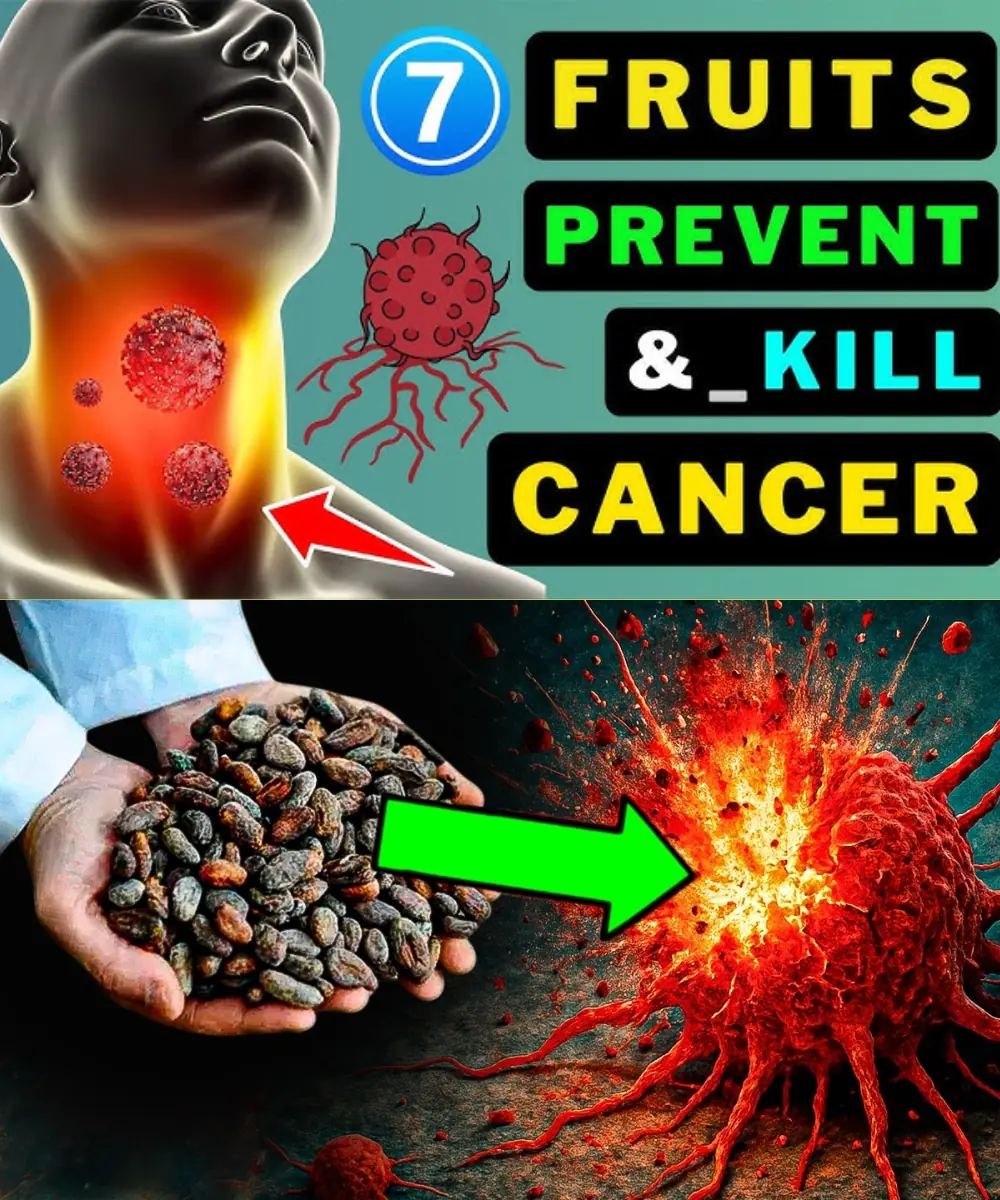
🦵 Hip Pain: What Does It Mean? Common Causes & When to Seek Help
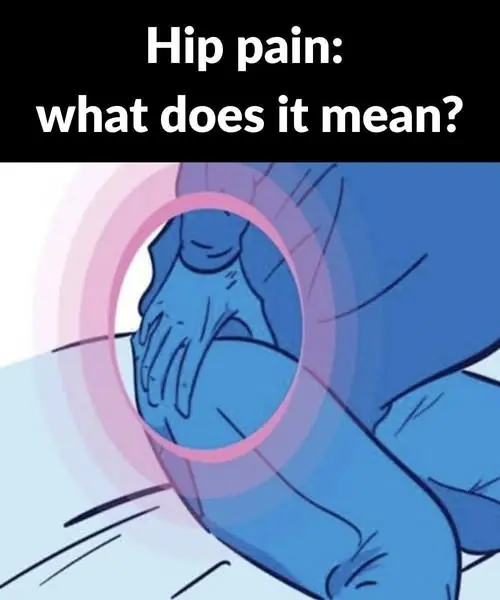
Hip Pain: What It Really Means, Common Causes & When to Seek Help
Does climbing stairs feel like a daily struggle?
Do you wake up with stiffness in your hip that takes minutes — or hours — to loosen up?
You’re not imagining it.
Hip pain is more than just a sign of aging. It’s a signal from your body — one that may point to wear and tear, overuse, or even an underlying condition. And while hip problems were once thought to affect only older adults, they’re now showing up in active people as young as 35–40, often linked to sports, repetitive motion, or early joint degeneration.
Let’s explore what hip pain really means, the most common causes, and how to protect your mobility — no matter your age.
🧠 What Is Hip Pain?
Hip pain refers to discomfort in or around the hip joint, where the femur (thigh bone) meets the pelvis. Pain can also radiate from nearby areas such as the lower back, groin, or knee.
-
Front (groin area): hip joint, labral tear, arthritis
-
Side (outer hip): bursitis, tendonitis (e.g., IT band)
-
Back (buttock): sciatica, piriformis syndrome, sacroiliac joint issues
-
Referred pain: lower back problems (herniated disc)
✅ Identifying the pain location helps narrow down the cause.
🔍 Common Causes of Hip Pain
-
Osteoarthritis (Hip Joint Wear and Tear)
-
Most common cause of chronic hip pain
-
Cartilage breaks down, leading to stiffness, grinding, and pain
-
Worse in the morning or after sitting
-
Often affects people over 50, but can start earlier after injuries
-
-
Hip Bursitis
-
Inflammation of fluid-filled sacs (bursae) that cushion the hip
-
Triggered by overuse, standing too long, or repetitive motion
-
Pain on the outer hip, worse at night or when lying on the side
-
-
Labral Tear
-
Tear in the cartilage ring (labrum) of the hip socket
-
Caused by sports or repetitive twisting
-
Symptoms: clicking, catching, stiffness, groin pain
-
-
Tendinitis (Gluteal or Iliopsoas)
-
Inflammation of tendons around the hip
-
Caused by overuse or sudden increase in activity
-
Pain improves with rest but returns with movement
-
-
Sciatica & Nerve-Related Pain
-
Compression of the sciatic nerve, often from a herniated disc
-
Pain starts in the lower back, radiates down the leg
-
May cause tingling, numbness, or weakness
-
-
Hip Flexor Strain
-
Overstretching or tearing muscles that lift the leg
-
Common in athletes or those with tight hip flexors from sitting
-
Sharp pain in the front of the hip
-
-
Femoroacetabular Impingement (FAI)
-
Abnormal bone growth causes friction in the hip joint
-
May lead to labral tears and early arthritis
-
Often affects young, active adults
-
🚨 When to See a Doctor
Seek medical care if you have:
-
Pain lasting more than 1–2 weeks
-
Nighttime pain or pain while resting
-
Stiffness that limits movement
-
Swelling, redness, or warmth around the hip
-
Popping, locking, or instability
-
Limping or difficulty bearing weight
🩺 Early diagnosis can prevent long-term damage — and sometimes delay or avoid surgery.
✅ How to Support Hip Health
-
Stay active: walking, swimming, cycling
-
Stretch daily: especially hip flexors, glutes, hamstrings
-
Strengthen core & glutes: bridges, clamshells, squats
-
Maintain a healthy weight: reduces pressure on hips
-
Wear supportive shoes: cushioning lowers impact
-
Avoid prolonged sitting: stand and move every 30–60 minutes
-
Try yoga or Pilates: builds mobility and strength
🛠️ Treatment Options
-
Physical therapy: improves strength & flexibility
-
NSAIDs: reduce inflammation and pain
-
Corticosteroid injections: for severe bursitis or arthritis flare-ups
-
Regenerative therapies: PRP or stem cell injections (still emerging)
-
Surgery: hip replacement or repair for advanced cases
Many people improve without surgery — especially with early intervention.
Final Thoughts
Hip pain isn’t something you just have to “live with.”
Whether you’re 40 or 70, active or simply wanting to enjoy daily life, your hips deserve care.
If bending, walking, or sleeping has become uncomfortable, don’t ignore it.
Start with simple steps:
-
Stretch
-
Strengthen
-
Move mindfully
👉 And if the pain persists, see a doctor or physical therapist.
Because true mobility isn’t about pushing through pain — it’s about listening, healing, and moving with ease.
News in the same category

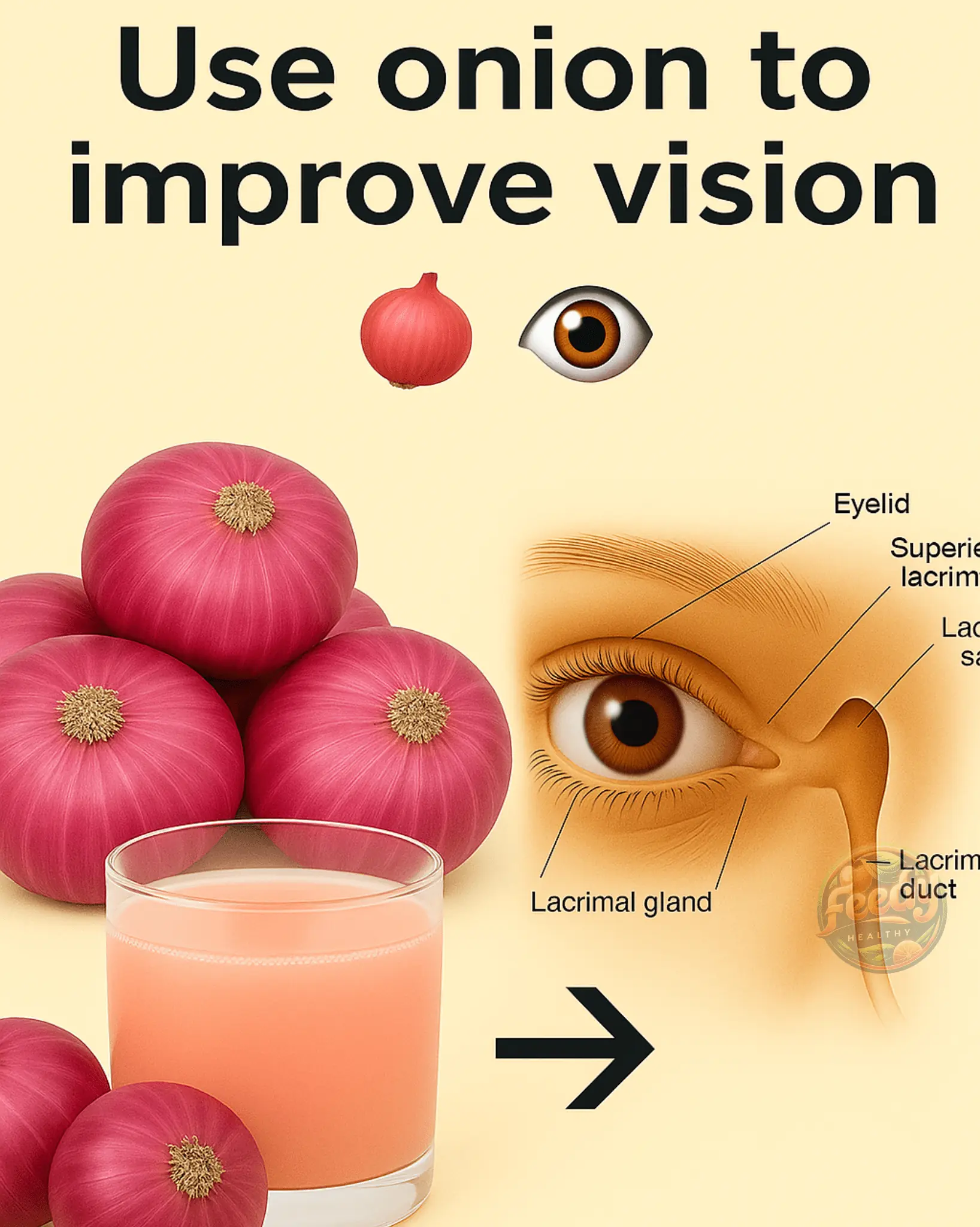
Can Onions Really Boost Your Vision?
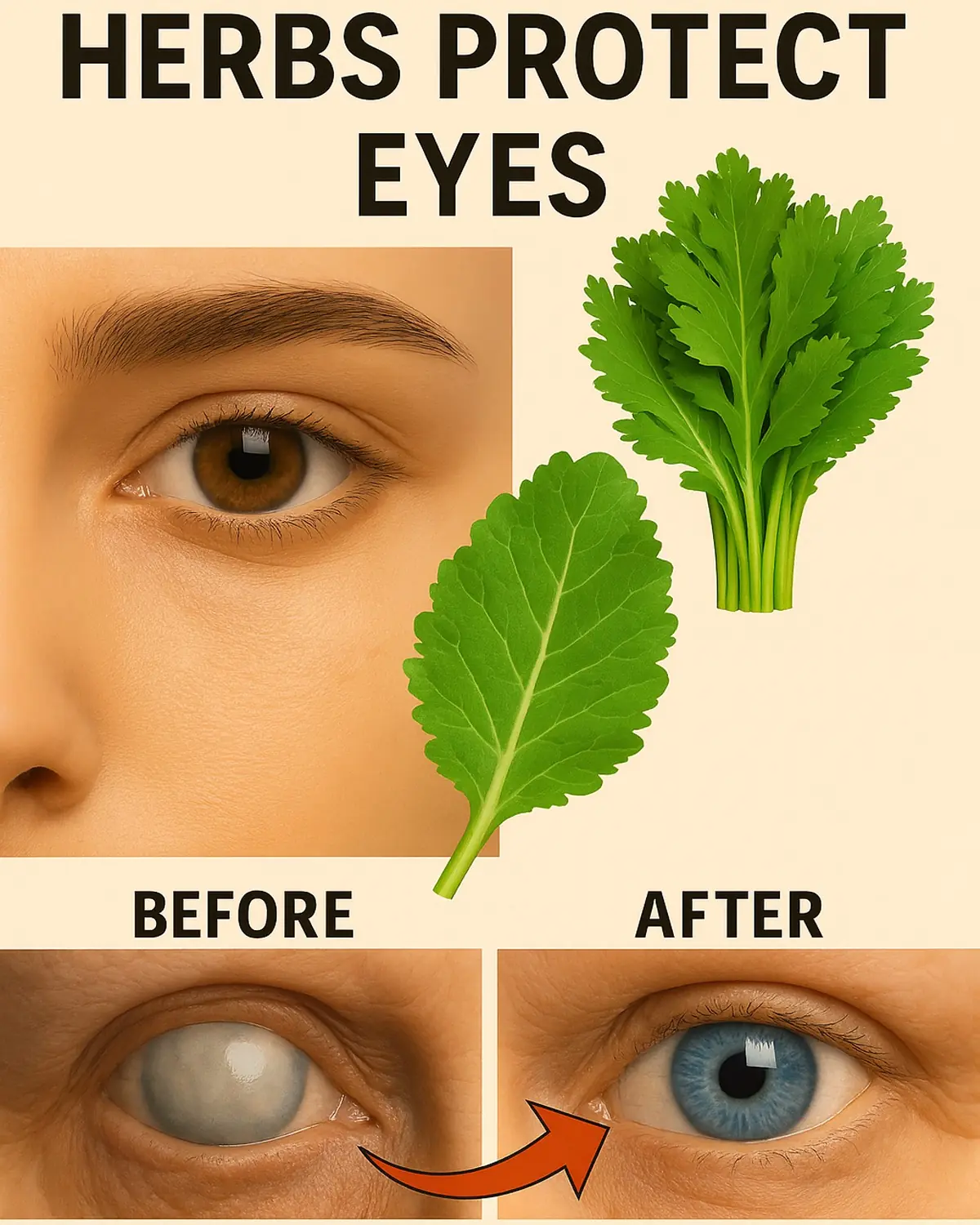
See the Difference: 5 Natural Leaves That Promote Eye Health
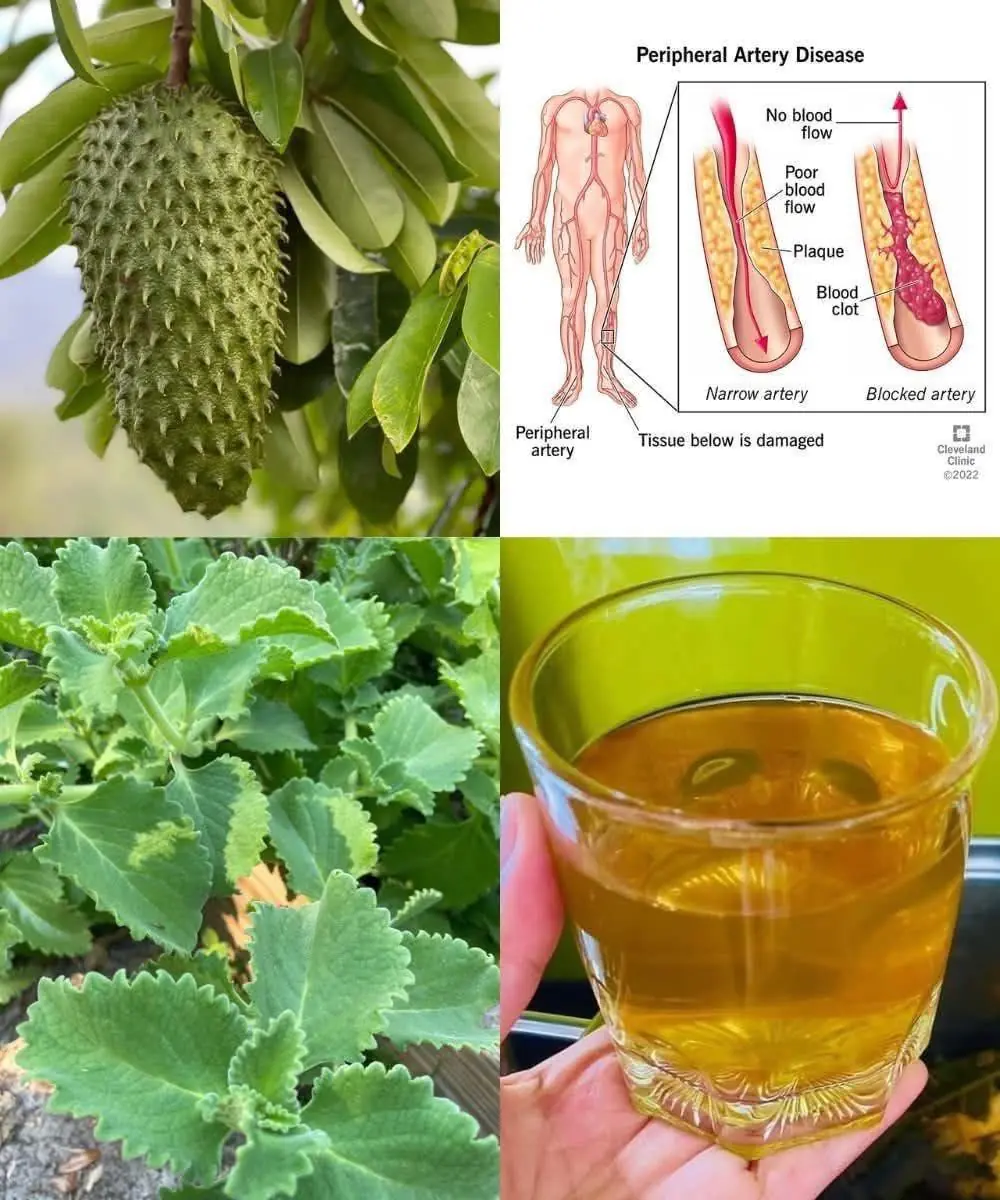
Soursop and Broadleaf Oregano Tea 😱😱..see more
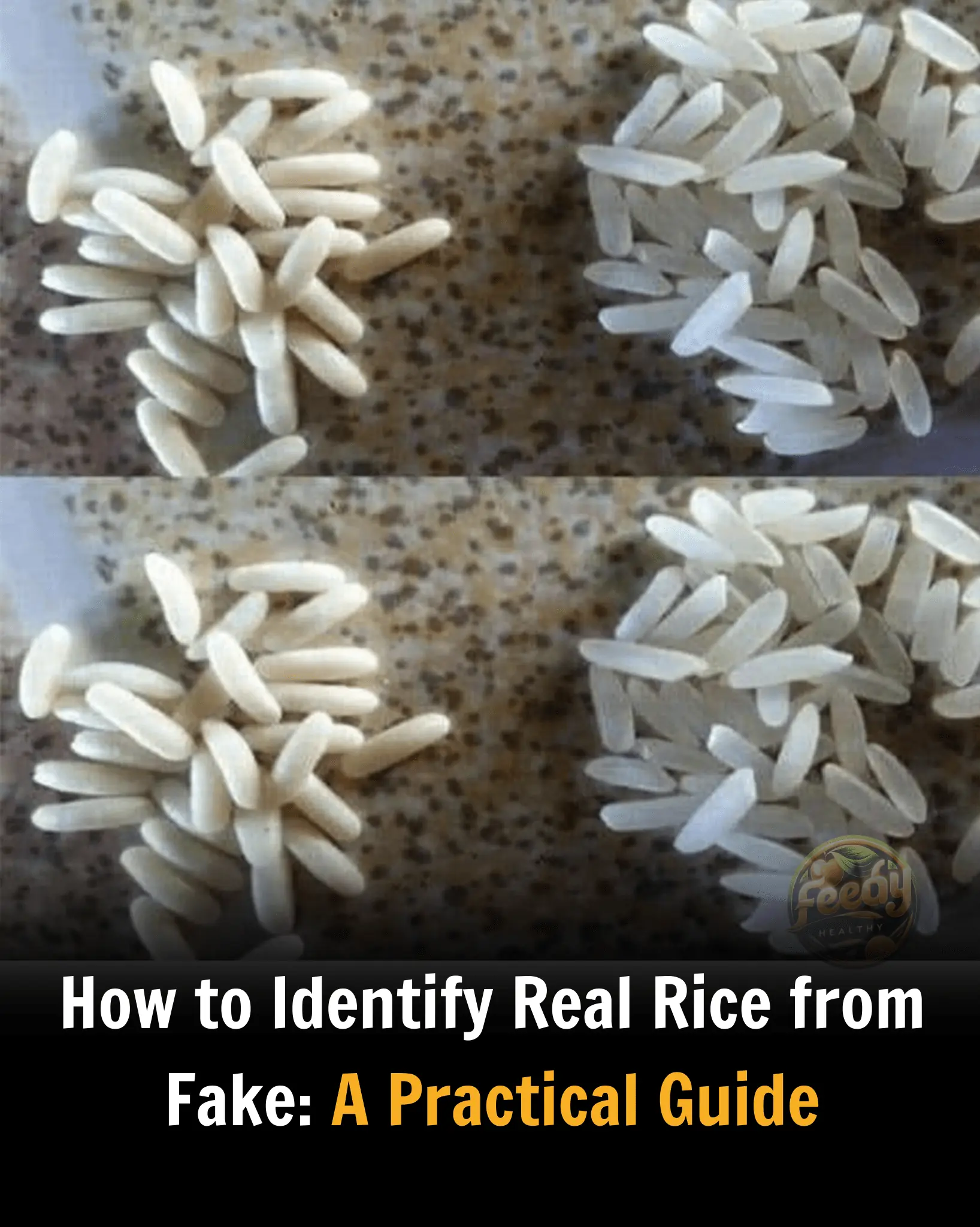
How to Identify Real Rice from Fake: A Practical Guide

3-Step Okra Skin Care: Get Rid of Wrinkles, Large Pores & Dark Spots
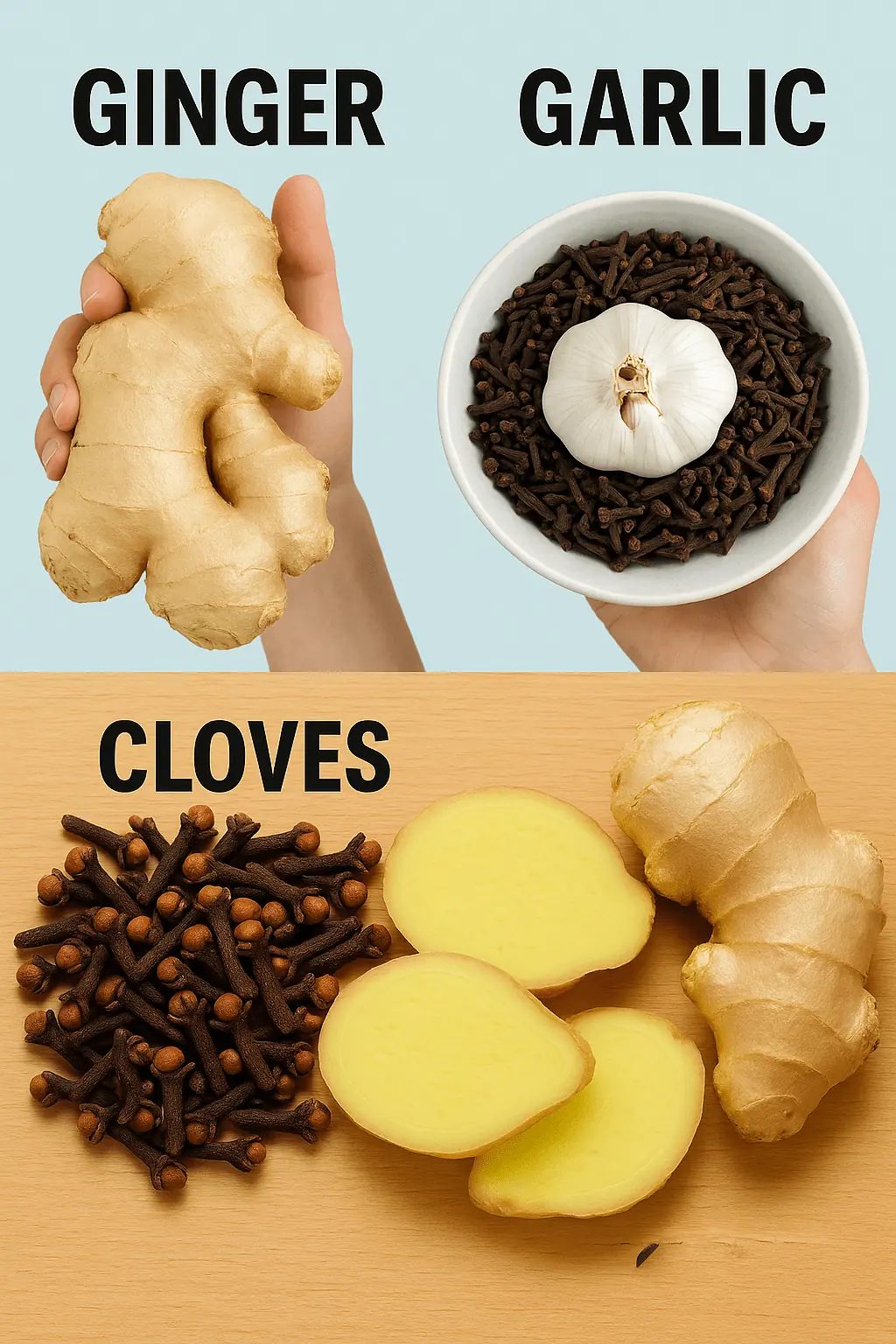
Garlic, Cloves, and Ginger Destroy Toxins and Fungi in the Body! 🌿✨ Grandma’s Golden Recipe Revealed

No Maid Survived a Day With the Billionaires Triplets, Until the Black Woman Arrived and Did What No One Could

Honey Garlic Salmon & Roasted Sweet Potato Bowl 🍯🐟🍠
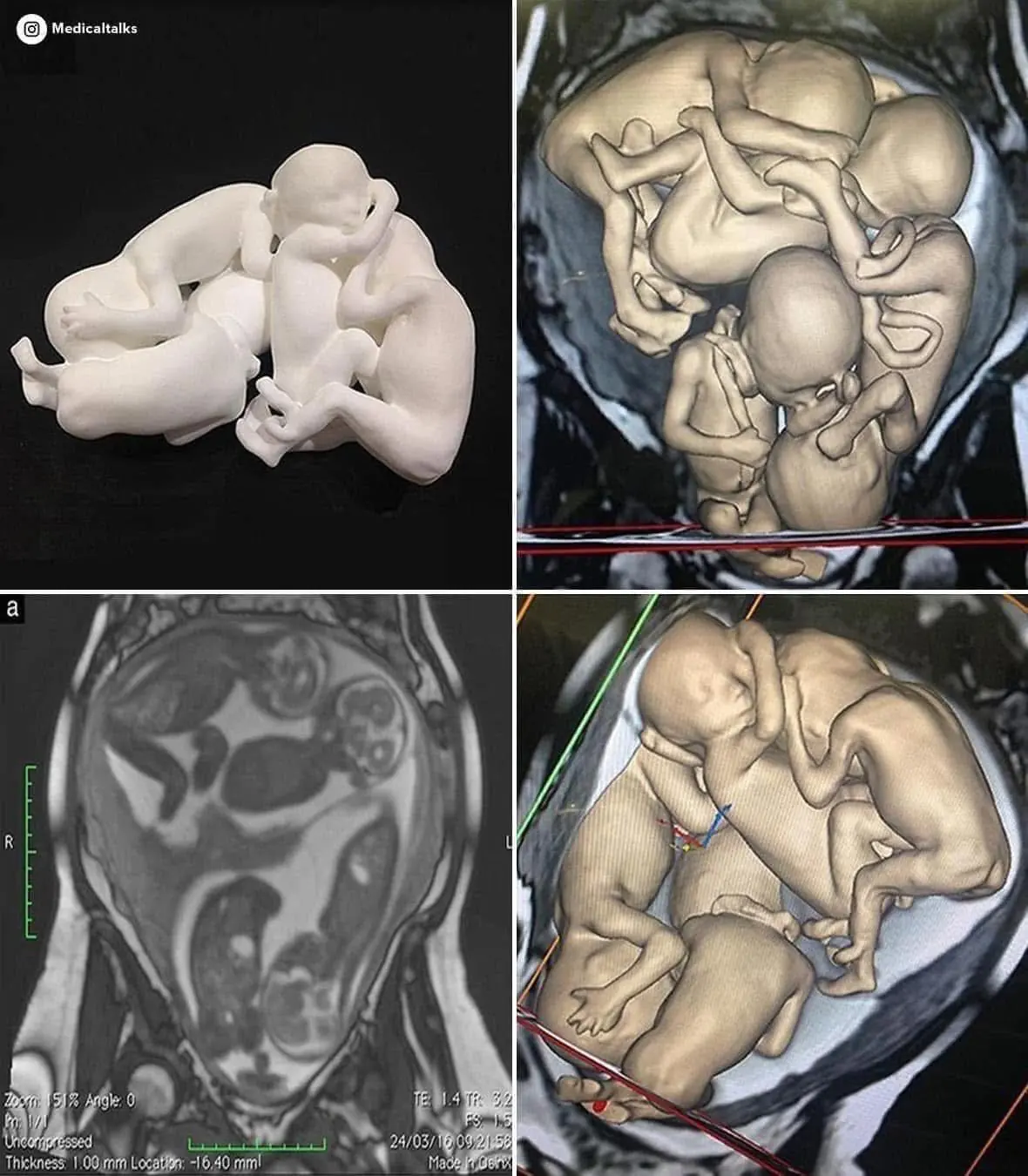
Multiple Pregnancy After IVF – The Miraculous Case of Quadruplets in France
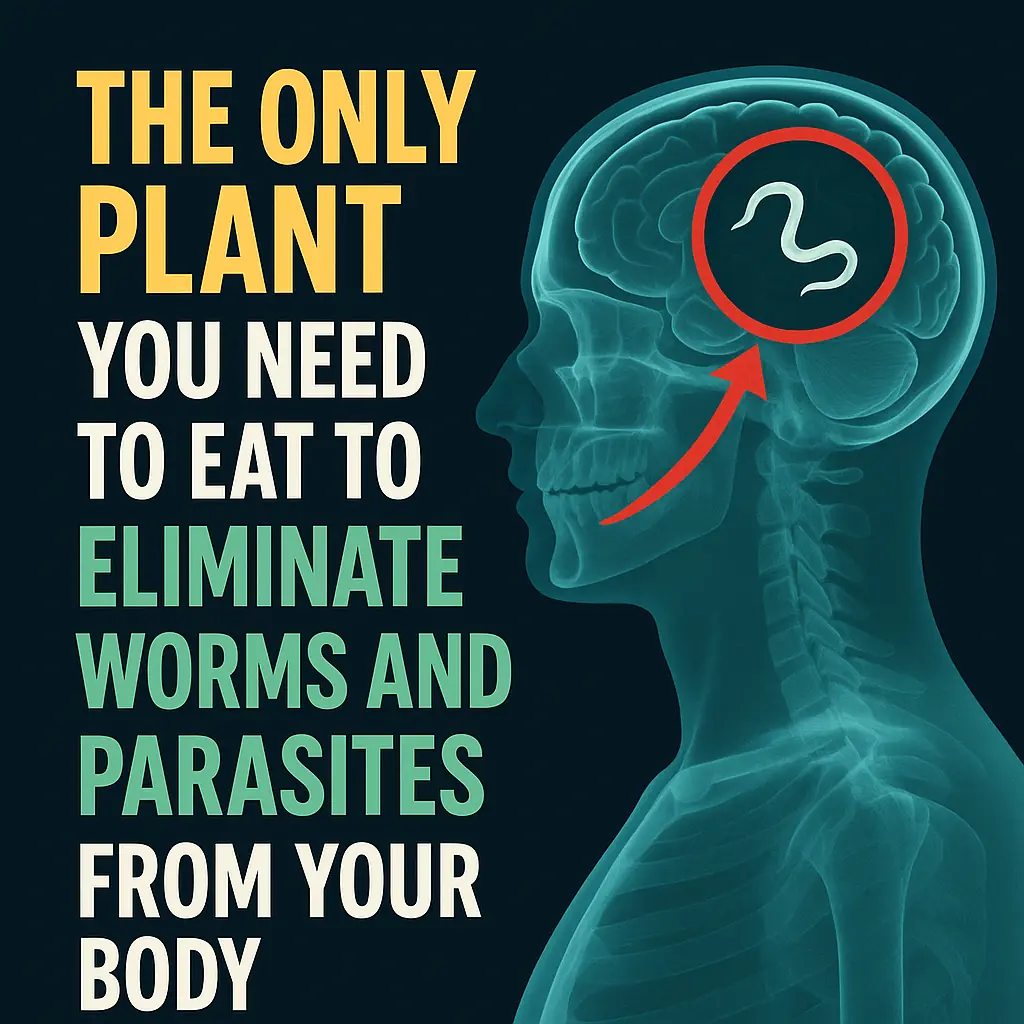
Just 2 tablespoons… Eliminate all worms and parasites from your body.
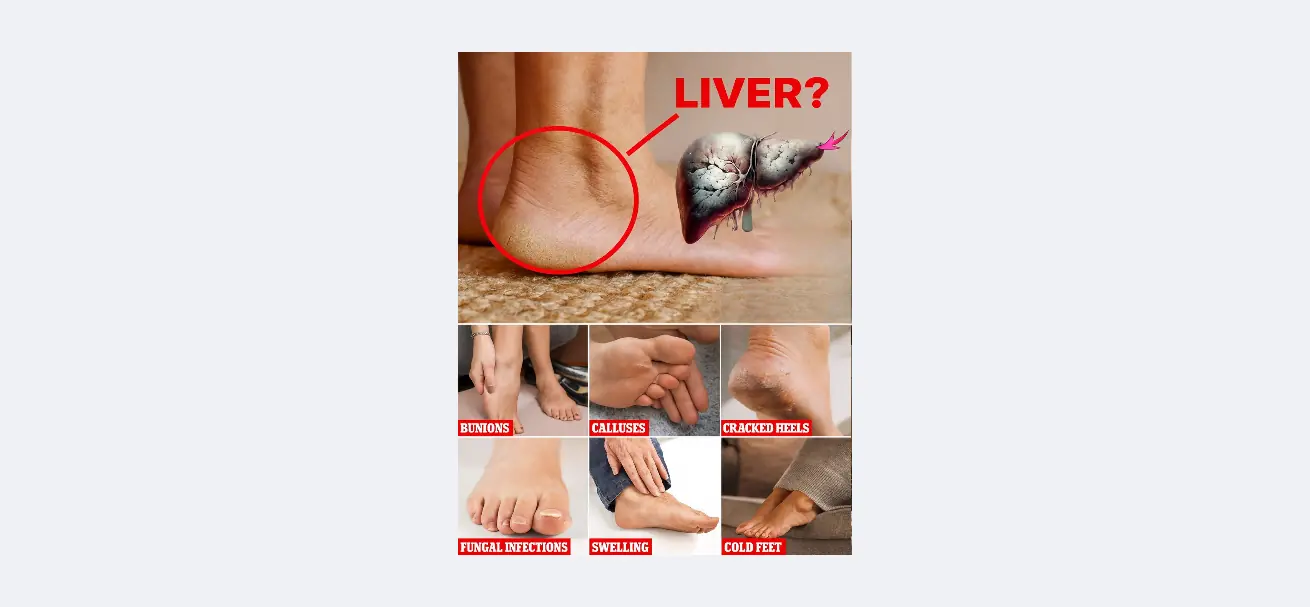
Your Feet Are Screaming for Attention: 6 Shocking Health Clues Hidden in Your Soles!
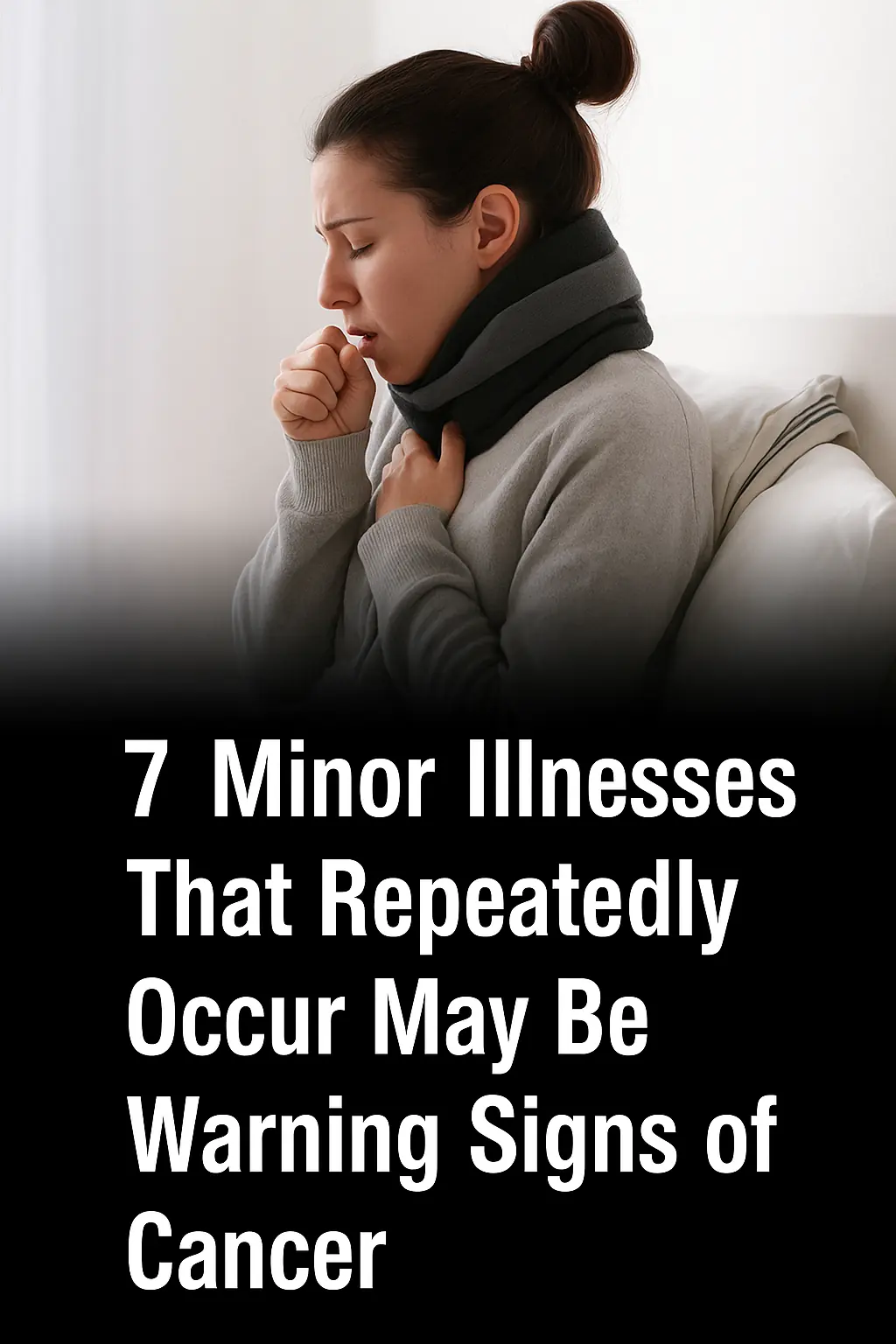
7 Minor Illnesses That Repeatedly Occur May Be Warning Signs of Cancer

8 Early Warning Signs of Nutrient Deficiency That Show Clearly on Your Body
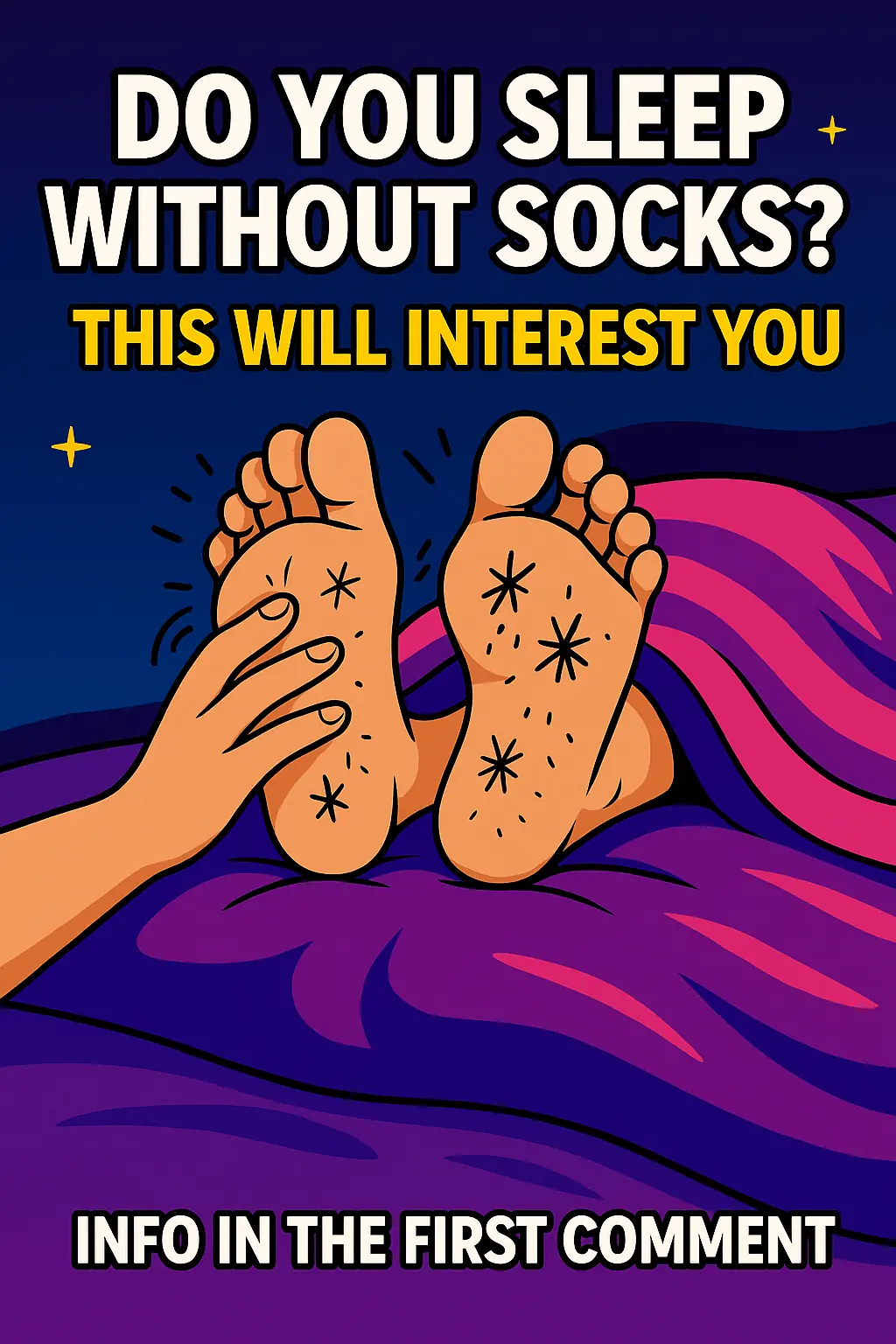
Why Do Your Feet Itch at Night? Simple Causes and Effective Solutions
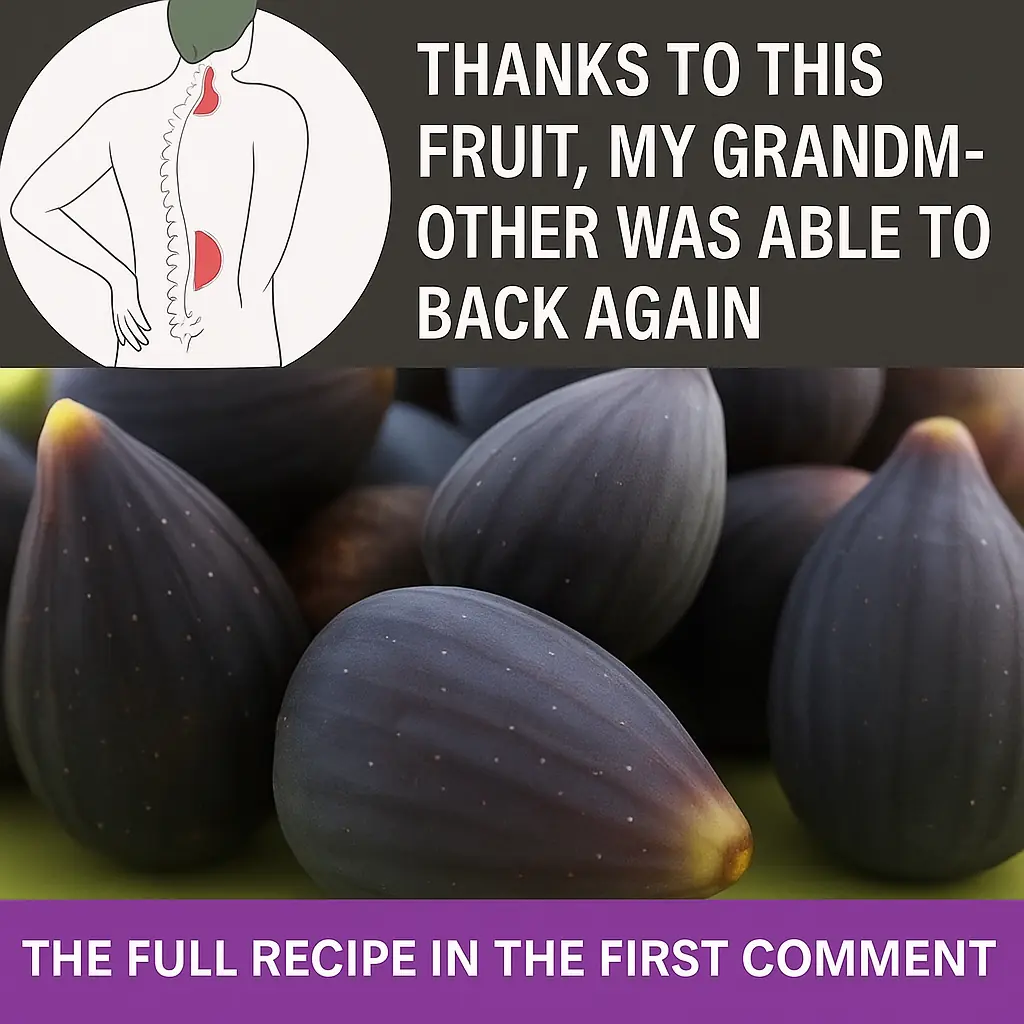
Natural Remedy to Relieve Back Pain with Figs
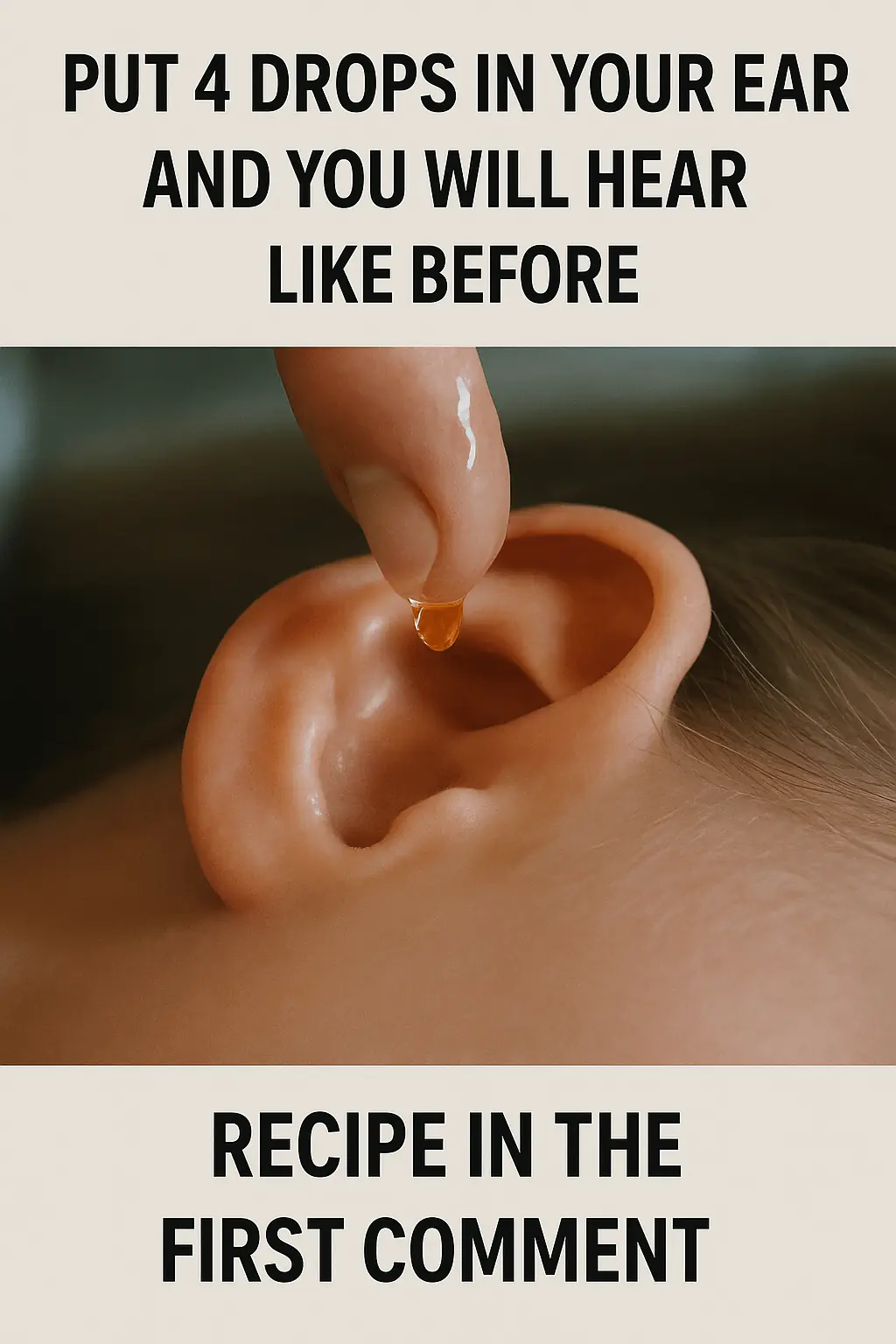
Hearing Loss? Discover a Natural Remedy That Could Help Improve Your Hearing

4 Parts of Chicken You Should Avoid — And Why They May Not Be as Healthy as You Think

The Magic of Black Cats and Their Impact on Our Health
News Post

7 Powerful Fruits That May Help Prevent and Fight Cancer

The little girl who fights illness every day but never loses her smile

‘Mutant deer’ with bubble skin sparks outbreak fears in US
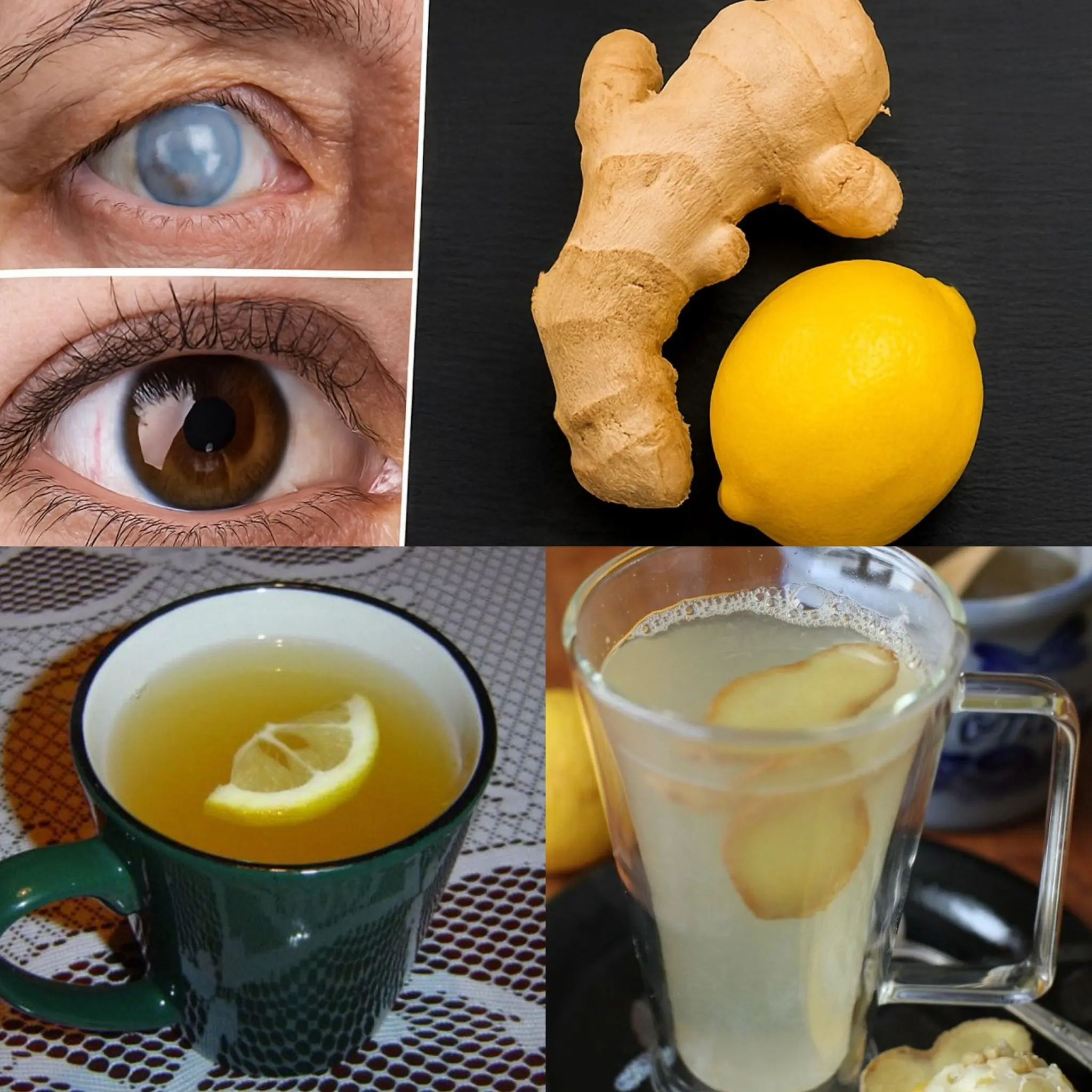
Restore Your Vision Naturally: A Simple Ginger and Lemon Recipe
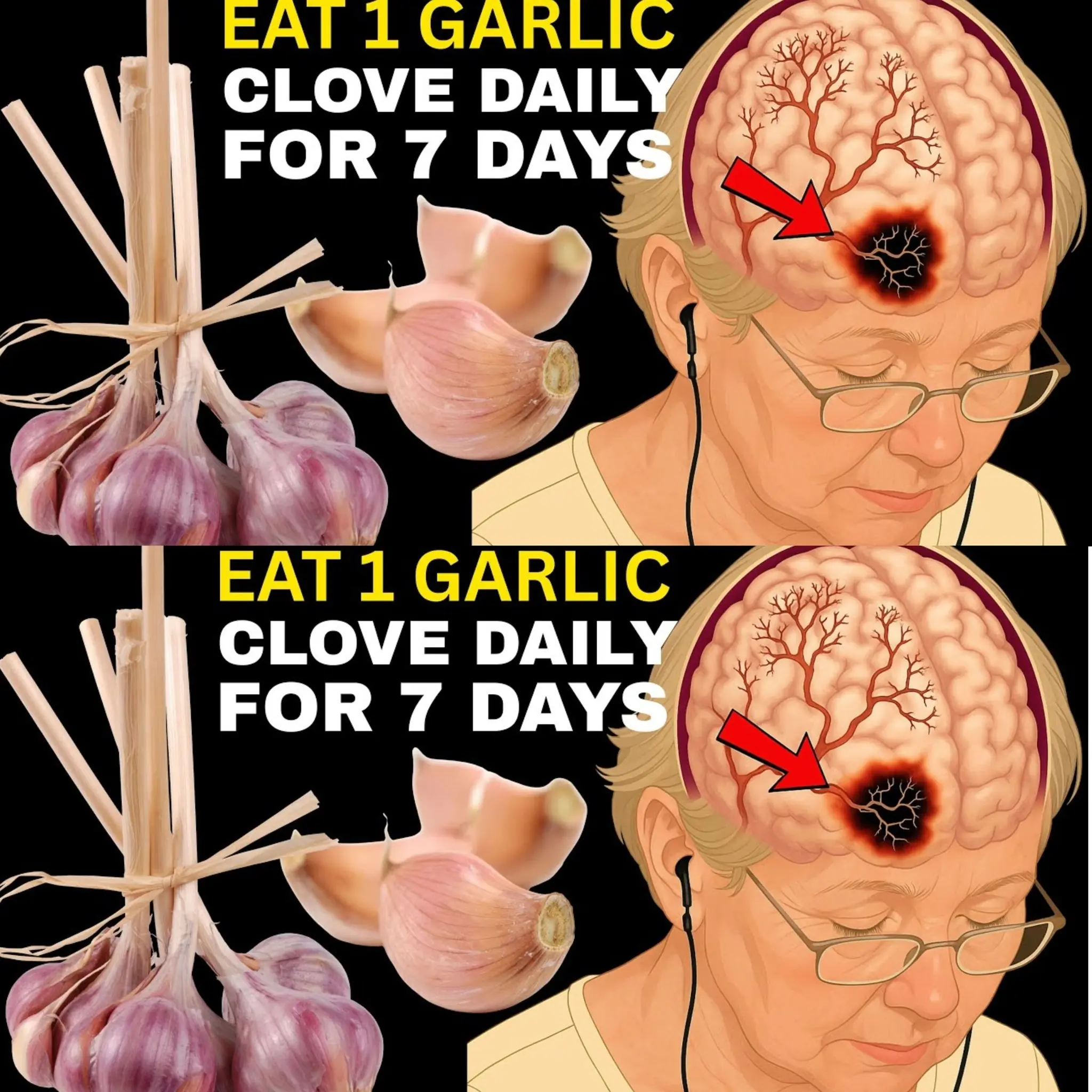
What Really Happens When You Eat One Clove of Garlic a Day for 7 Days
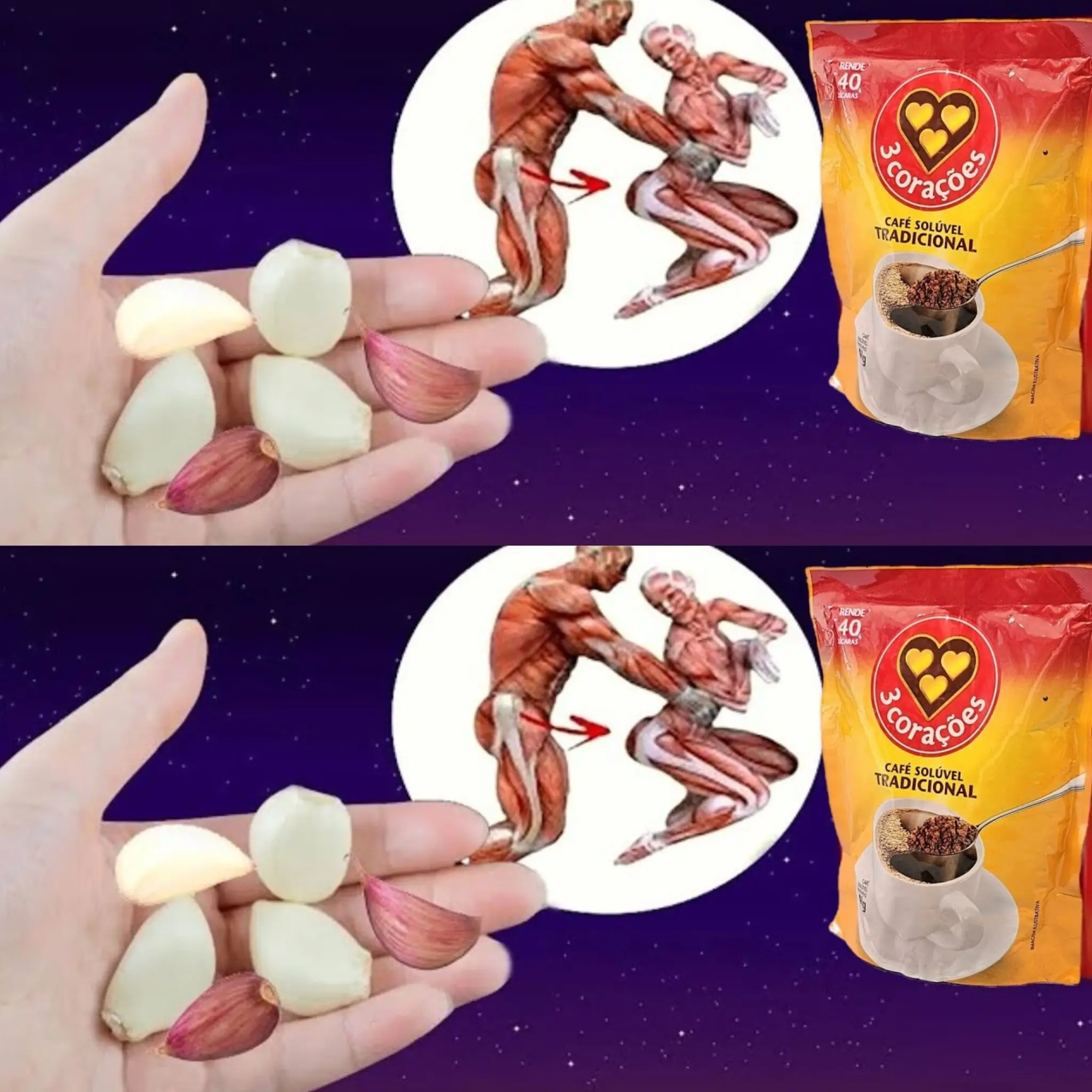
Mix Coffee, Garlic, and Honey and You’ll Be Thankful

Cat, who ran into burning building five times to save her babies, is honored
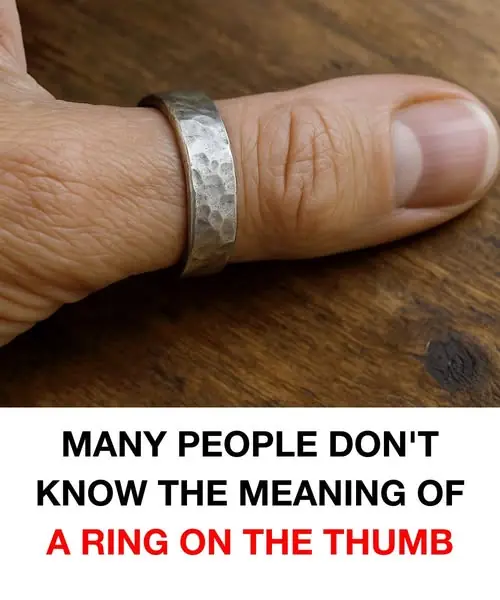
Most People Don’t Know What a Thumb Ring Means — Here’s the Hidden Meaning Behind the Gesture
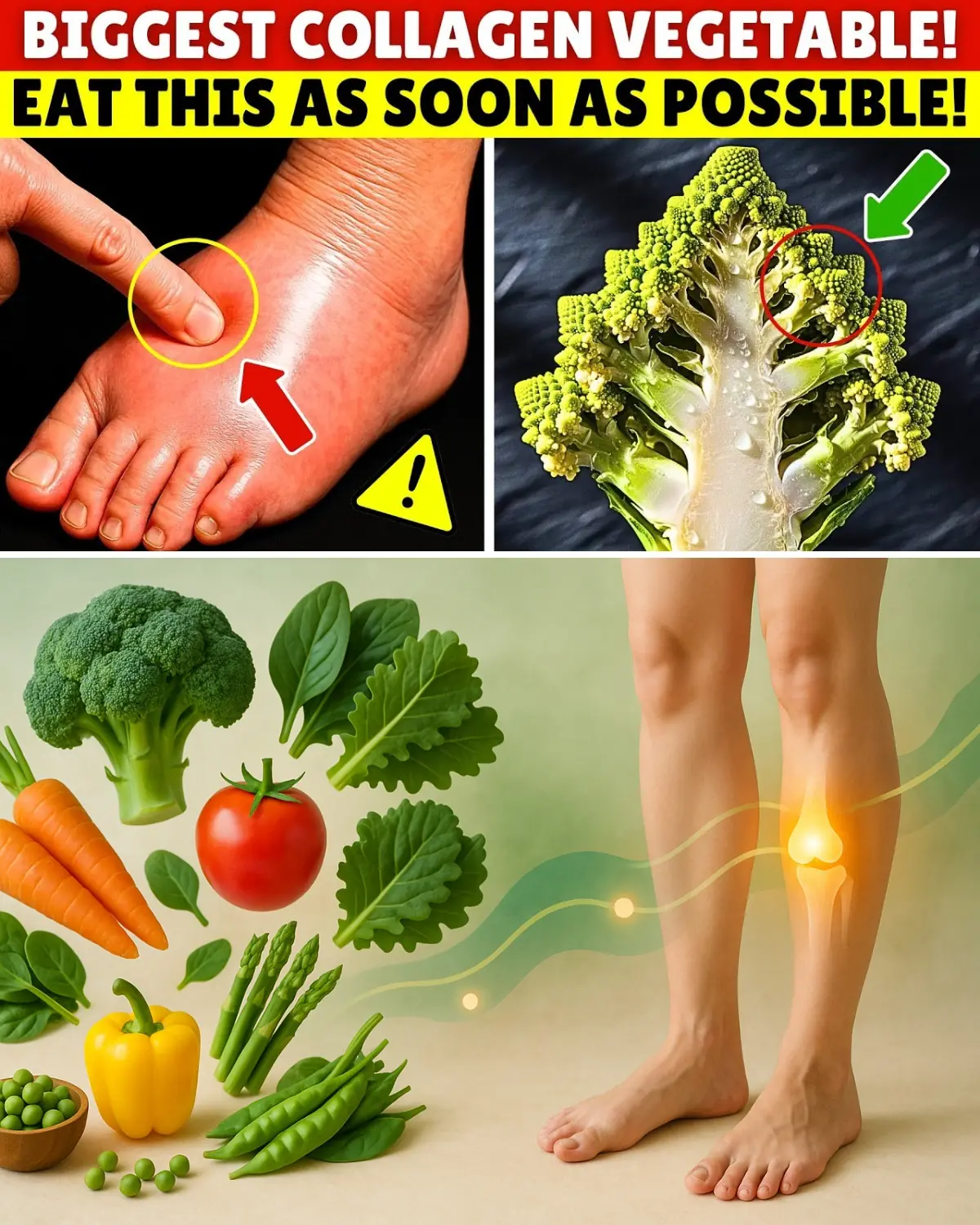
Goodbye Swelling! 8 Collagen-Rich Vegetables You Must Eat for Stronger Legs and Joints

4 Nourishing Salad Bowls with Avocado & Eggs – Fresh, Simple, and Satisfying
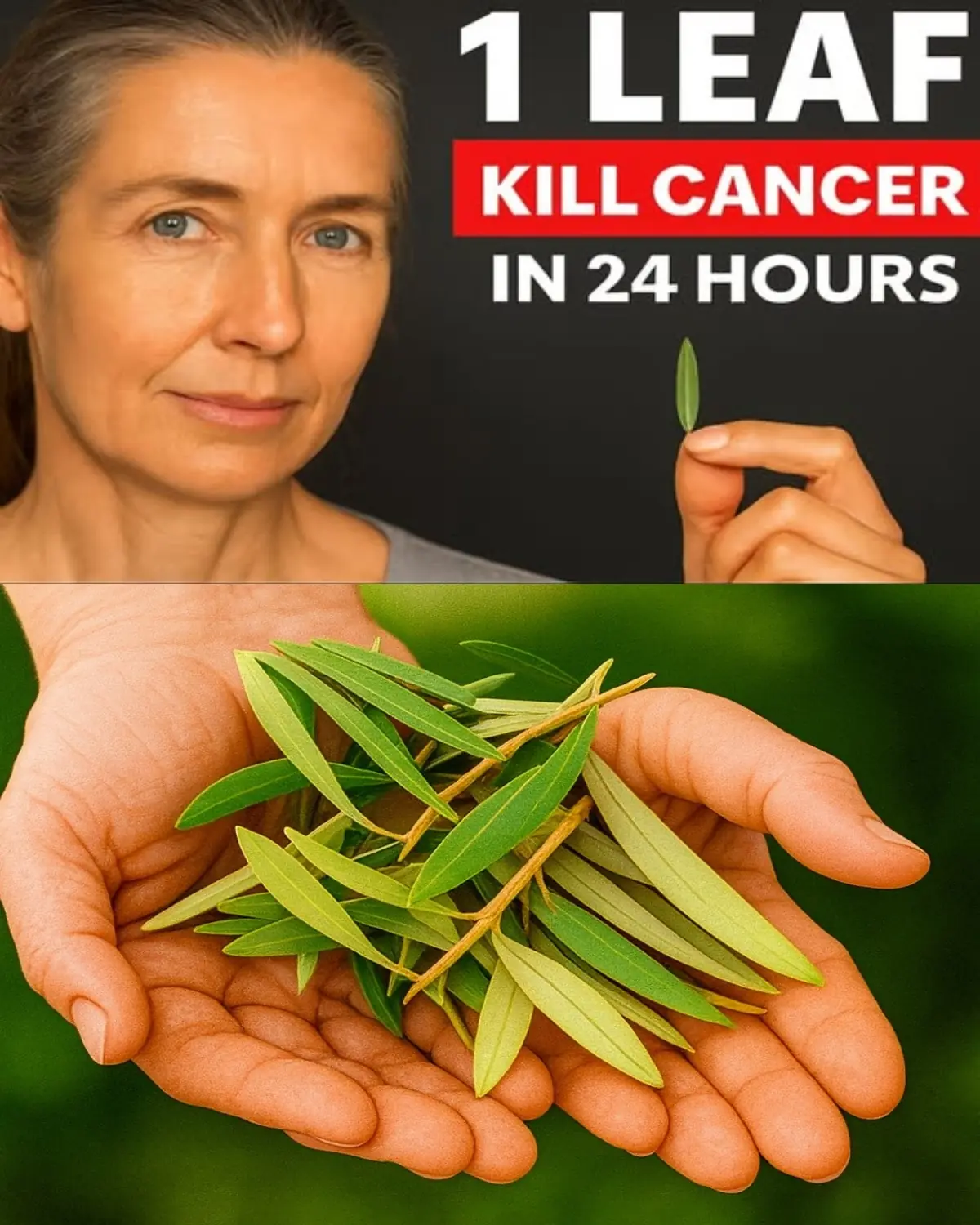
The Cancer-Defying Leaf Doctors Rarely Talk About: Barbara O’Neill’s Secret Discovery

How to Make Guava Leaf Tea + 14 Benefits of Drinking It Daily

Japan's Oldest Doctor: Drinking Water Isn’t Enough After 60—Add THIS to Stay Muscular and Hydrated
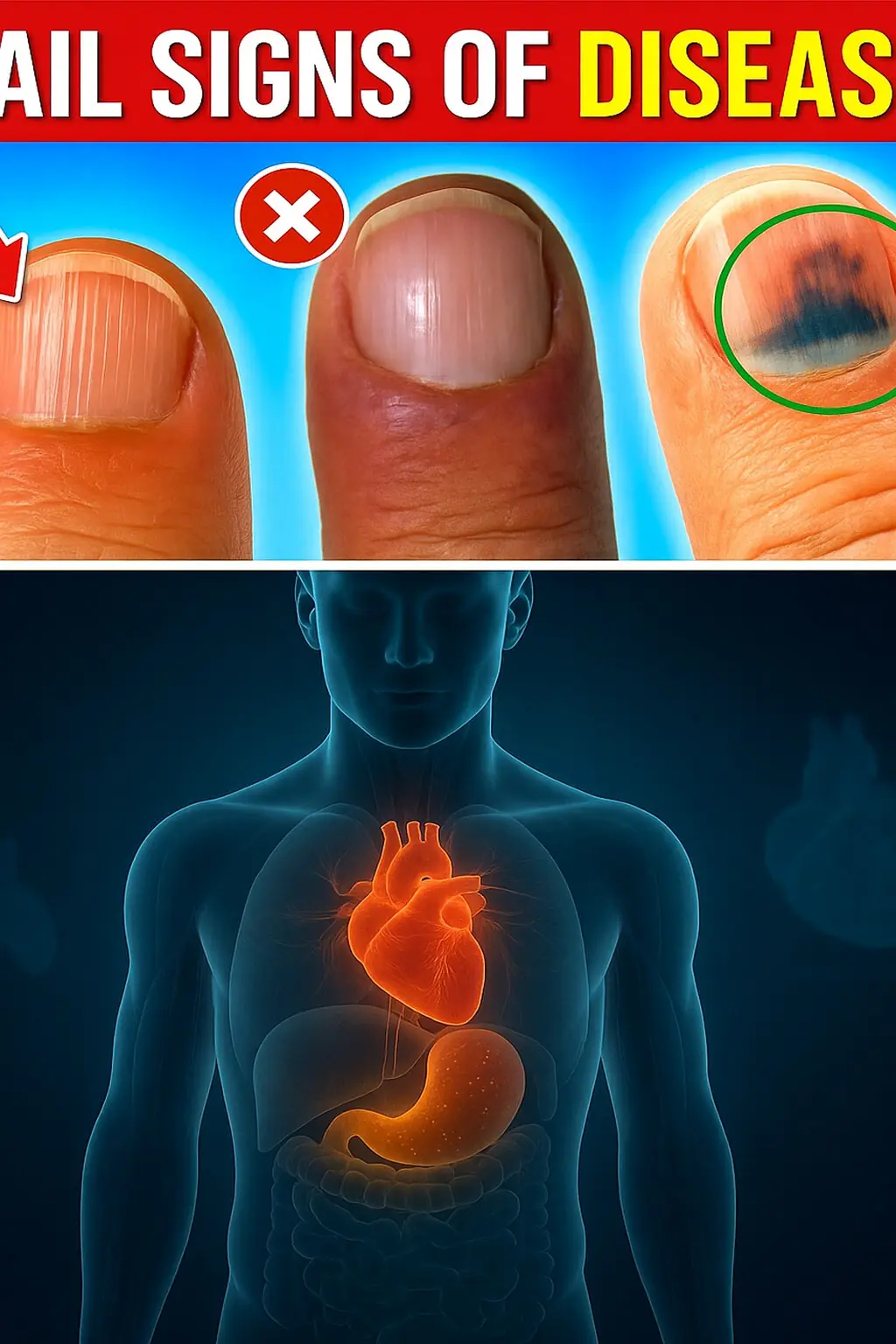
8 Things Your Nails Are Warning You About Your Health

Homemade Aloe Vera and Rosemary Shampoo: A Natural Solution for Hair Growth, Hydration, and Strength

Shocked by the Results: My Bald Spot is Growing Hair Like Crazy and Not Falling Out!

Study Finds Fathers’ Involvement Key to Boosting Children’s Academic Success

“Nobody noticed”: 9-year-old lived alone for 2 years, fed himself, and kept good grade
